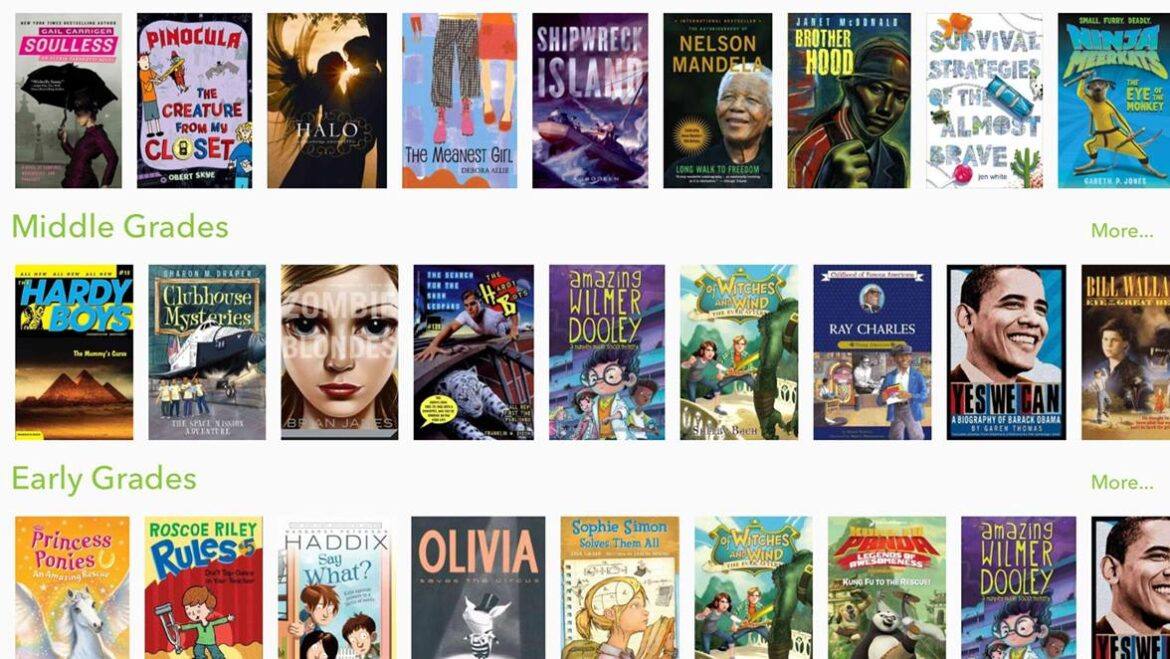This post on free ebooks for students was updated with additional content on June 22, 2016.
The White House announced in February 2016 the launch of the Open eBooks App, a K-12 initiative that will provide thousands of free ebooks to all students in Title 1 and military base schools, along with all special education students. The free app will work on a wide variety of devices and allows users to access books that are normally not free. Ten major publishers, including Penguin Random House and National Geographic, provided the books. To create the app and to curate the eBook collection, the White House partnered with the Digital Public Library of America, First Book, and The New York Public Library, as well as digital books distributor Baker & Taylor and the Institute of Museum and Library Services.
How Does the eBook Program Work?
Any adult who works in a Title I (or Title I eligible) school, or a program or library that serves at least 70% of children from in-need families, can sign up with First Book. (Please note: Registration is by individual campus and not by district.) Once registered, educators can request access codes for Open eBooks. Students may borrow up to 10 books at a time and replace each book with a new book as many times as they’d like. To get access to the app, they—or an adult working with them—can download the app and enter credentials provided by a person registered with First Book to enable access to the eBooks.
Teachers and students may browse for books by category or search by title in the app itself.
What Technology Platforms Are Supported?
The app is currently available on iOS and Android. Subsequent versions will be optimized to support as many open platforms as possible. There will be a web-optimized version coming later in the year. The partners are also exploring the option of making the app available on devices that require proprietary formats, like Nook and Kindle. Open eBooks uses the EPUB3 standard, but will expand to include PDFs by the end of the year. Built with Readium’s rendering engine, the Open eBooks App takes advantage of the accessibility features that are native to EPUB3 and so works for people who are print-disabled. It also supports the Open Dyslexic Font for those students with dyslexia.
What Is the Future of Open eBooks?
Over the next three years, the partners will expand the initiative by adding to the collection with new and expanded content from publishers and public domain titles; broadening the network of Title I schools and preschools that are engaged with promoting the resource; incorporating new features into improving the functionality of the app; and researching and sharing the effort’s impact and best practices. There are a growing number of Spanish-language titles available, and more non-English languages are planned for the future.
To sign up for Open eBooks and acquire the app, or to get more information, visit OpeneBooks.net.

